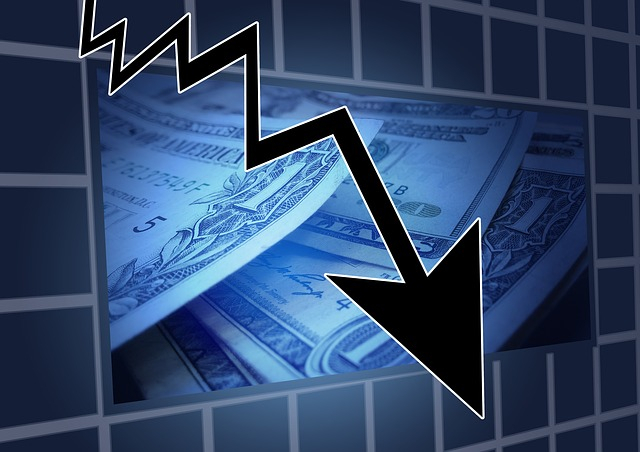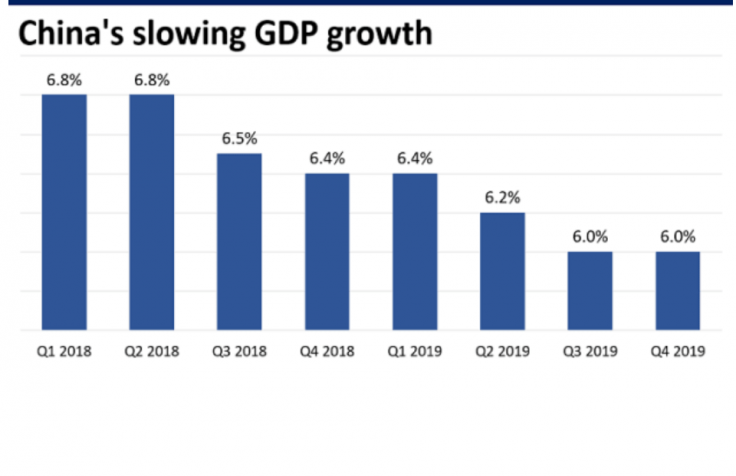It is not long that IMF chief told that the world is entering recession. There are also predictions that the economy is sliding down, going to the levels of the great depression as coronavirus pounded it. But China is not economically affected as expected.
In terms of unemployment, US is witnessing 16 million people losing their jobs and also share markets contracting globally. These show that the crisis is real. Unemployment has risen in all affected countries.
China's Increased investments in Asia
China at this point, has increased its investments to a great extent across Asia such as Bangladesh and Pakistan's tech industry. People's Bank of China (PBOC has been a shareholder of HDFC Ltd., and buying shares for more than one year now, that is, with stakes of 0.8 percent in 2019, to 1.1 percent in 2020, reported IB Times.

As other Asian, European countries and the US saw boon in coronavirus cases, China's Central Bank was busy buying shares of financial institutions between January and March.
There is a speculation that, as stocks fell after COVID-19 outbreak, there is a plan in China to invest in stocks in the background. HDFC's share value fell by 32 percent from a 12 month high of $32.73 on January 14. As of April 10 its shares closed at $22.29. This seem to add fuel to the controversy surrounding the role of China in releasing the novel coronavirus to its benefit.
Even India's Life Insurance Corporation (LIC) has increased its holdings in HDFC Ltd., to 4.67 percent from 4.21 percent in December.
China didn't see a big fall
Since the start of the coronavirus pandemic there has been an uncertain share market, except China, reports said. China's share market as seen from Shanghai Composite Index (SCE) scored 2,915 December before the news of coronavirus outbreak. The SCE reached 3,115 on January 13, after which there was a plunge to 3,095 on 20th January. There was a huge fall in early February as trading closed at 2,746 points.
But China infused liquidity of $173 billion in its markets. The losses in the country's stock markets did not get as high as it was globally. Later in March, the SCE did not go much below the early December number of 2,915. Instead, there was a loss of billions in other global markets.

China's yuan was strong against US Dollar. Yuan, globally went up 4.75 percent in 2020, even though coronavirus was looming. Reports say that Chinese assets are more profitable for investors. These assumptions are based on the share market data posted by China. If there is any hidden data, as some expect that there will be a damage too.
Foreign capital adds to less than 4 percent in the country, while all others are China's own and controlled, directly or indirectly by the government. This could be why China's market is less volatile.
New data
A Reuters poll showed on Monday showed that slump in China's exports is expected to have extended to March and the oil price crash might have deepened the reduction in imports. China's economy is polled to have fallen 14 percent in March compared to last year in the same period, as per median estimate in surveying 31 economists.
Imports are set to have shrunk 9.5 percent compared to the same period last year, a 'sharpest drop since July 2016, reports Reuters.








